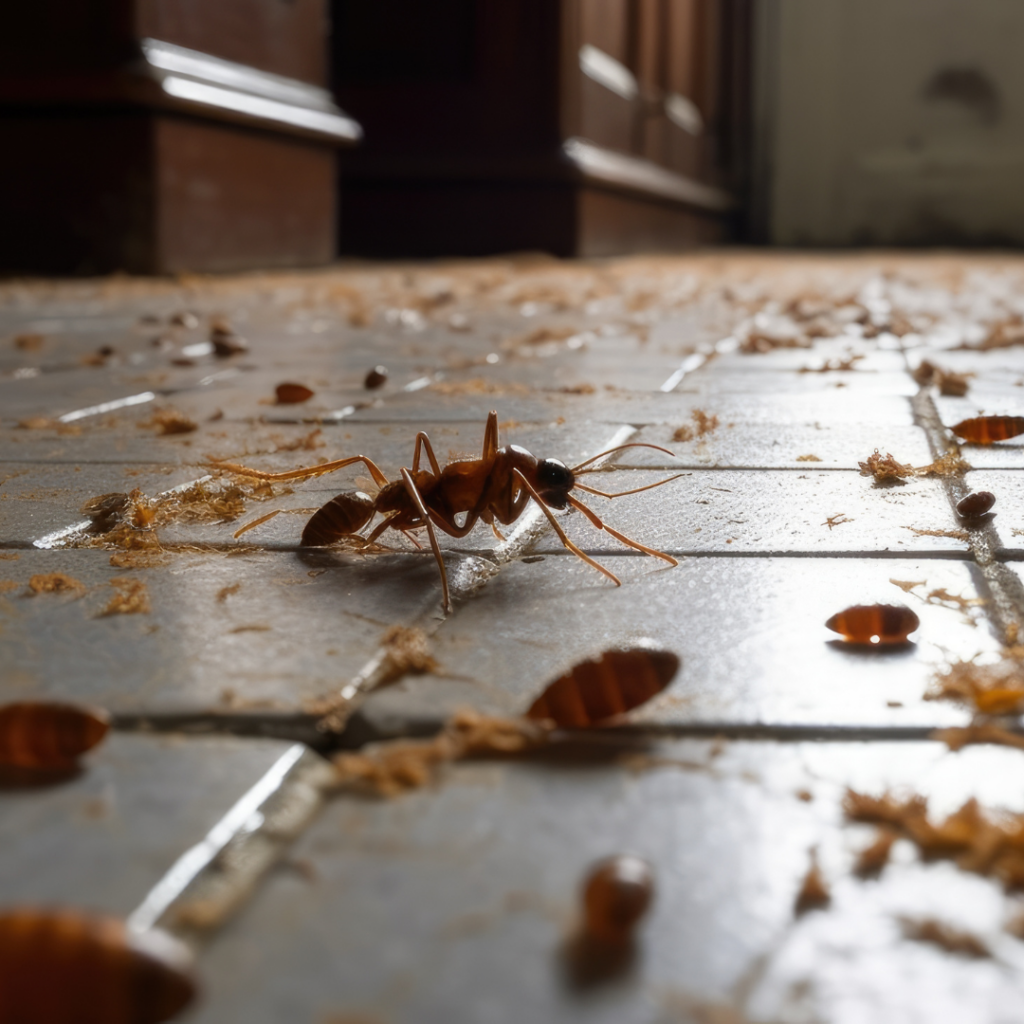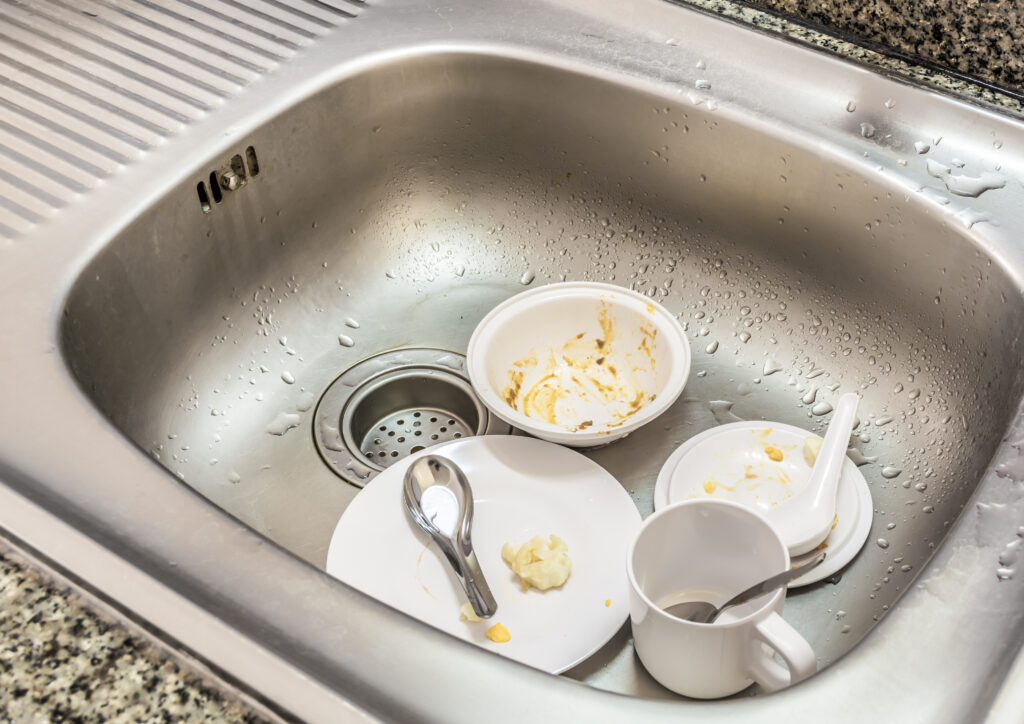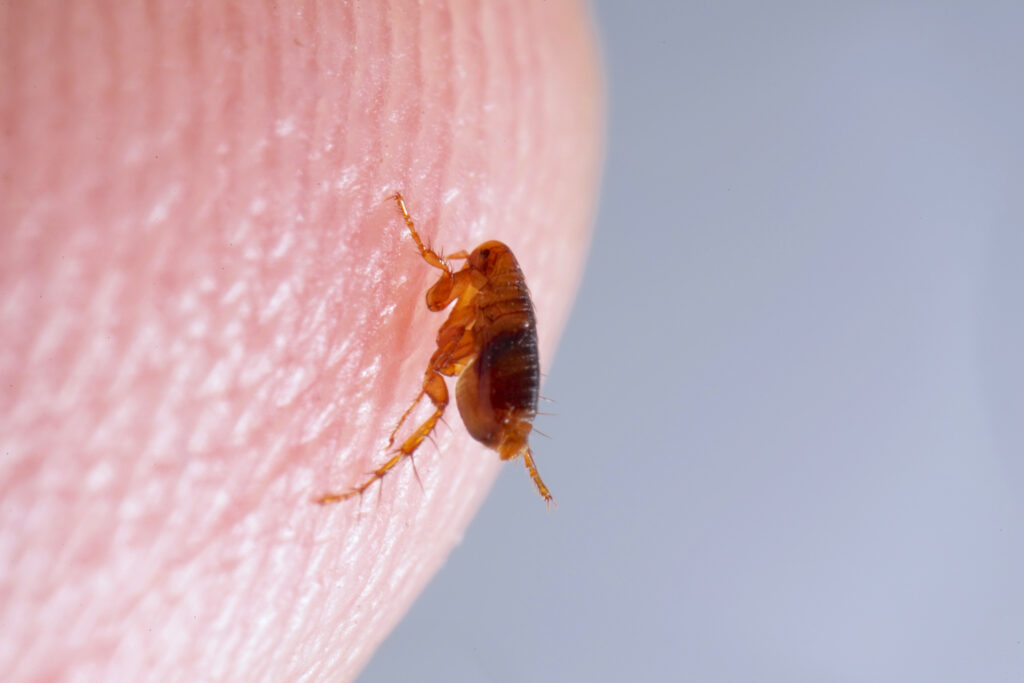Small household pests are no small problem. The National Pest Management Association (NPMA) warns families that cockroaches are a leading trigger of allergies and asthma attacks. The pests’ saliva, droppings, and decomposing bodies contain allergen proteins known to trigger allergies and increase the severity of asthma symptoms, especially in children. Small rodents can chew through electrical wiring, increasing the potential risk of fire. Ants, which are not only unsightly, can contaminate food.
One of the best ways homeowners and pest professionals can work together to prevent and control pest infestations is to employ a method called Integrated Pest Management, also referred to as IPM.
IPM is a process involving common sense and sound solutions for controlling pests. The focus is on finding the best strategy for a pest problem, and not merely the simplest. Pest professionals never employ a “one-size-fits-all” method in IPM but rather utilize a three-part practice: inspection, identification, and treatment by a pest professional. Treatment options in IPM can vary from proactive measures like sealing cracks and removing food and water sources to reactive measures, such as utilizing pest products, when necessary.
The “integrated” in Integrated Pest Management does not merely describe the three-part practice of inspection, identification, and treatment. It reflects the joint commitment between homeowners and pest professionals to stop pests before they invade. The two parties work together to identify the causes and risks of invasions and to devise treatments for when they do.
When it comes to IPM, prevention can be as important to pest control as treatment. It’s important to find a qualified pest control professional who can identify and point out a home’s vulnerabilities and offer prevention tips for homeowners. Here are a few pest prevention techniques in an IPM program:
- Repair any leaky pipes, especially in areas under sinks where pests can often go unnoticed.
- Seal up cracks and holes around pipes and wiring.
- Keep all foods in sealed containers, including pet food.
- Keep tree branches and other plants cut back from the house.
- Eliminate sources of moisture or standing water.
- Wipe counters, floors, and other surfaces frequently.
- Store garbage in sealed containers and dispose of it regularly.
- Vacuum often.
Before hiring a pest professional, make sure they are using an Integrated Pest Management approach, Turner offers free inspections and recommendations using IPM. We target pest entry points and establish an exterior barrier that keeps bugs and pests from entering your home. Our IPM approach eliminates the need for “old school” baseboard chemical sprays that might kill the bugs but provide unnecessary exposure to your family. All of our solutions are people, pet, and plant-friendly. You want service from someone you know and can trust. And, you want a company that protects your family, your home, and your community with the highest safety standards and state-of-the-art techniques. Contact Turner Pest Control today to learn more.
For more information about IPM visit www.pestworld.com.


